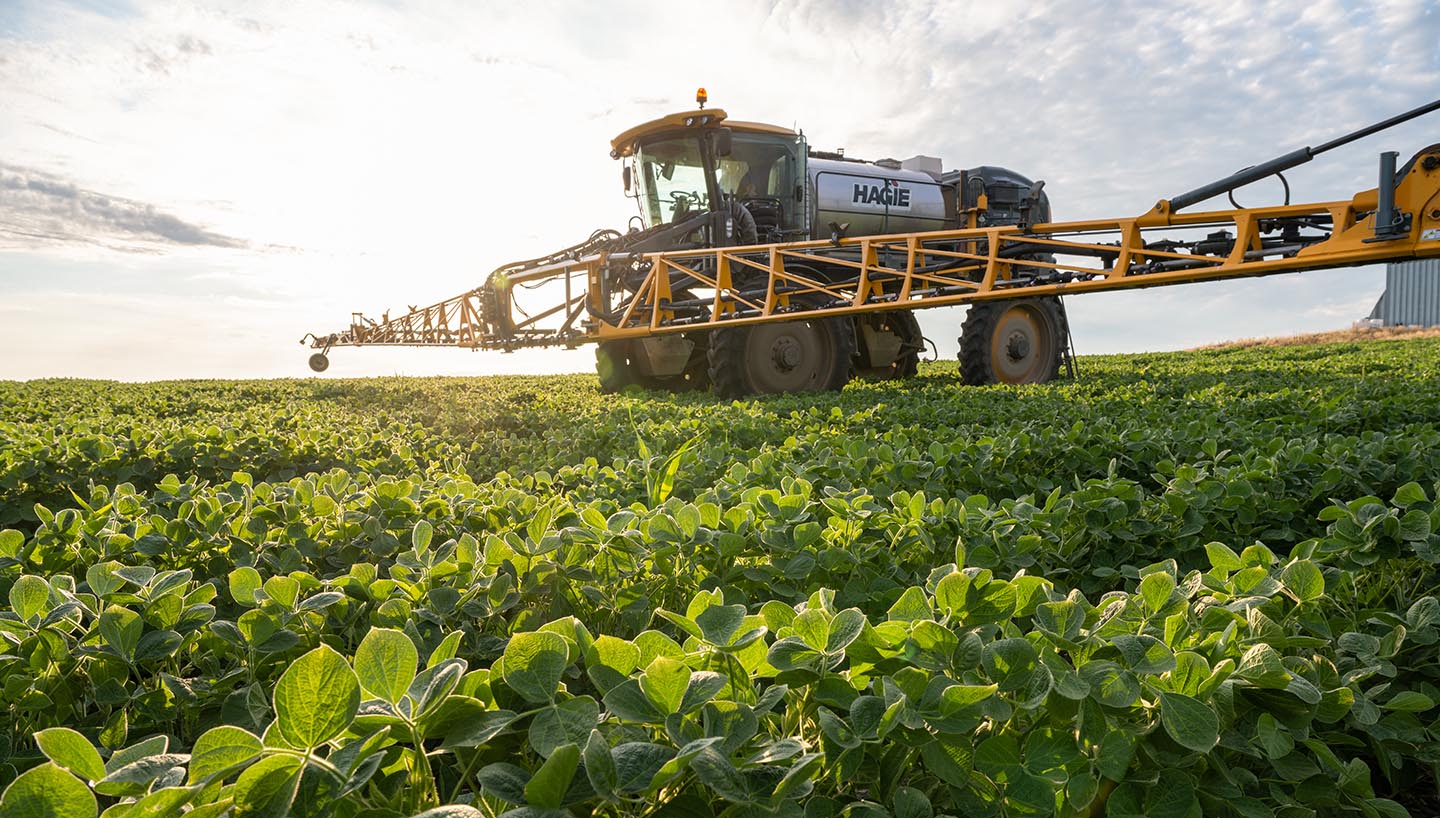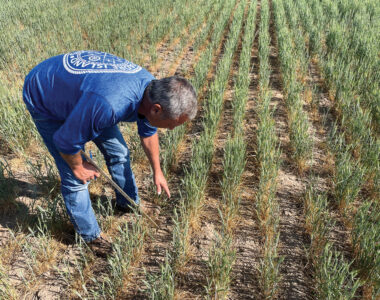
China announced this week that it will suspend some retaliatory tariffs on U.S. agricultural goods, a move that could ease tensions in global trade and bring cautious optimism to American farmers. According to Reuters, the policy shift takes effect November 10, with Beijing removing a 24% tariff on certain U.S. goods while keeping a 10% levy on others, including soybeans, a key U.S. export to China.
What We Know
The decision marks one of the first signs of flexibility from China since trade tensions escalated earlier this year. U.S. farm exports have faced higher costs and shrinking market share in China, particularly for soybeans, corn, beef, and pork. By suspending part of its tariff structure, China is signaling a willingness to stabilize trade in essential commodities.
For context, the United States exported over $36 billion in agricultural goods to China in 2024, with soybeans accounting for more than half that value. High tariffs had slowed sales and shifted some of China’s imports toward Brazil and Argentina. The partial tariff rollback could help U.S. products regain competitiveness, though many analysts note that lingering duties still limit full recovery.
Why It Matters
The adjustment in China-U.S. farm tariffs matters for several reasons. For farmers, it could mean improved export opportunities and a rebound in demand for U.S. crops. For rural economies, renewed trade activity could stabilize prices and cash flow after years of volatility. And for global consumers, it may help reduce upward pressure on food costs tied to supply chain disruptions.
Still, challenges remain. The remaining tariffs, combined with currency fluctuations and shipping costs, continue to strain profit margins. Producers and trade groups are urging U.S. officials to pursue additional tariff relief to restore long-term balance.
Related Blog: China’s soybean purchases slow as traders cite high Brazil premiums.
Final Thoughts
The suspension of some China-U.S. farm tariffs is a promising step, but it’s not a complete fix. American farmers may see a modest boost in export volume and price stability, but true recovery will depend on deeper trade cooperation between Washington and Beijing. For now, this move offers a welcome signal that both nations recognize the importance of keeping agricultural markets open — a win for farmers, buyers, and consumers alike.



